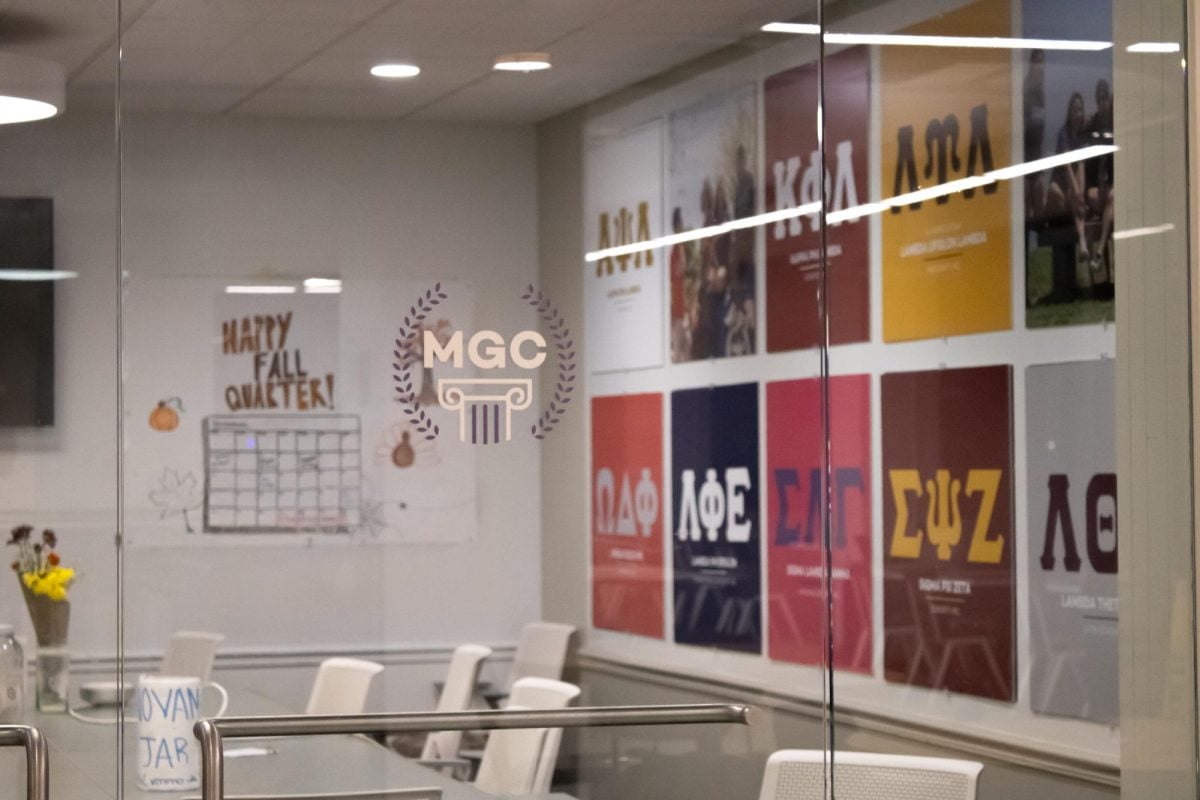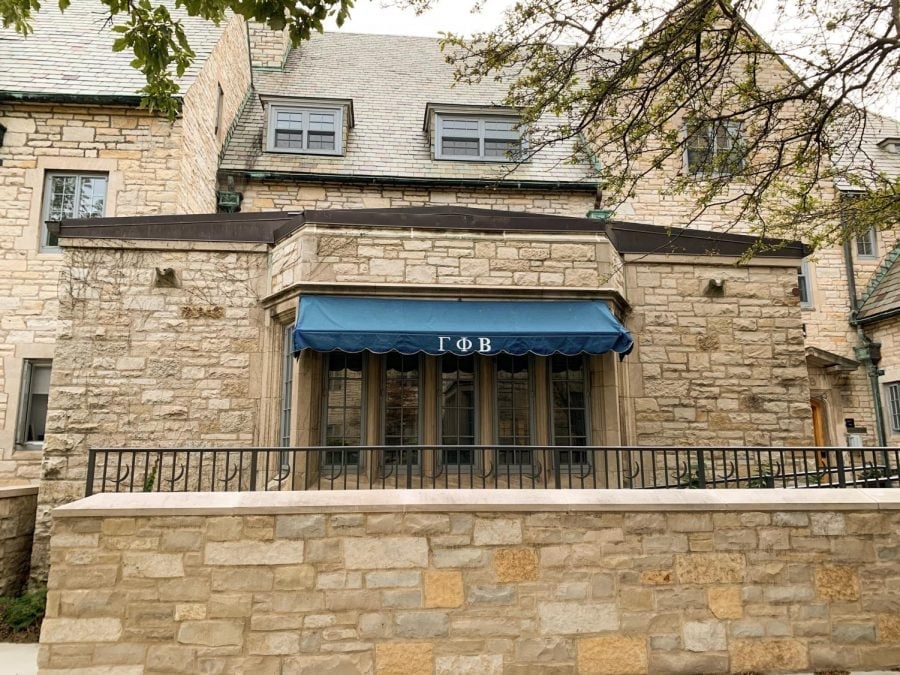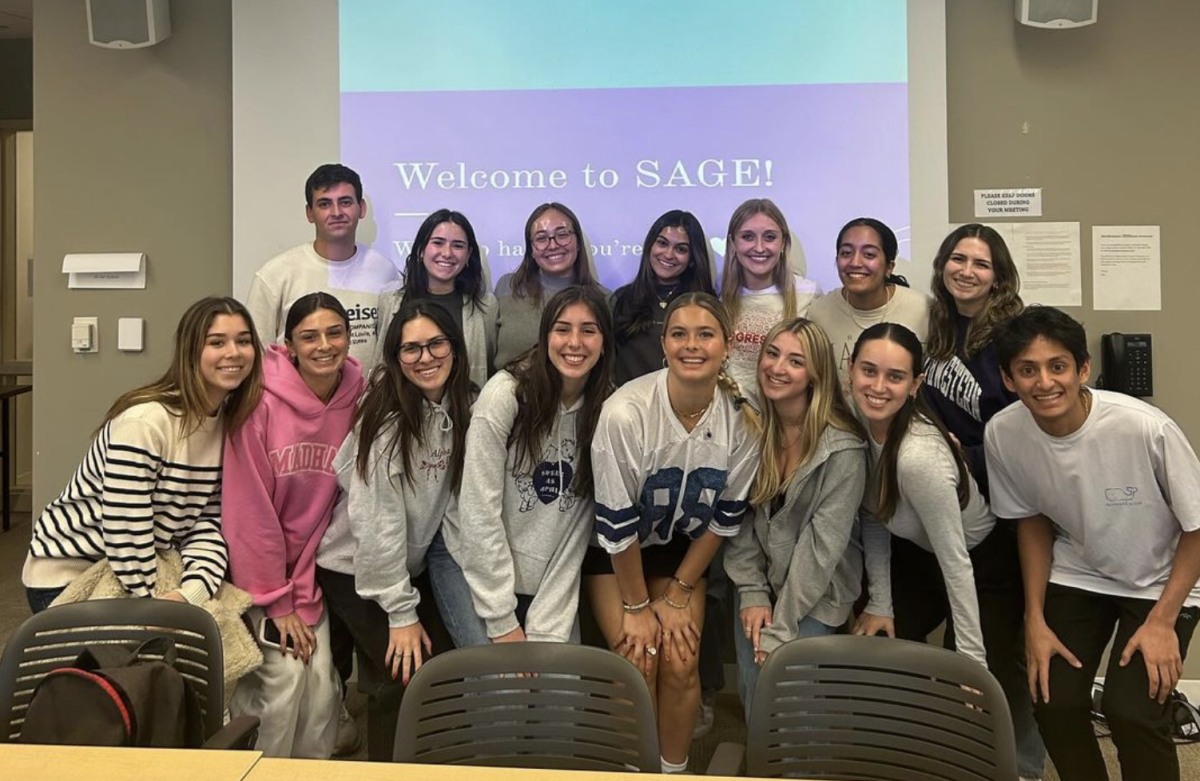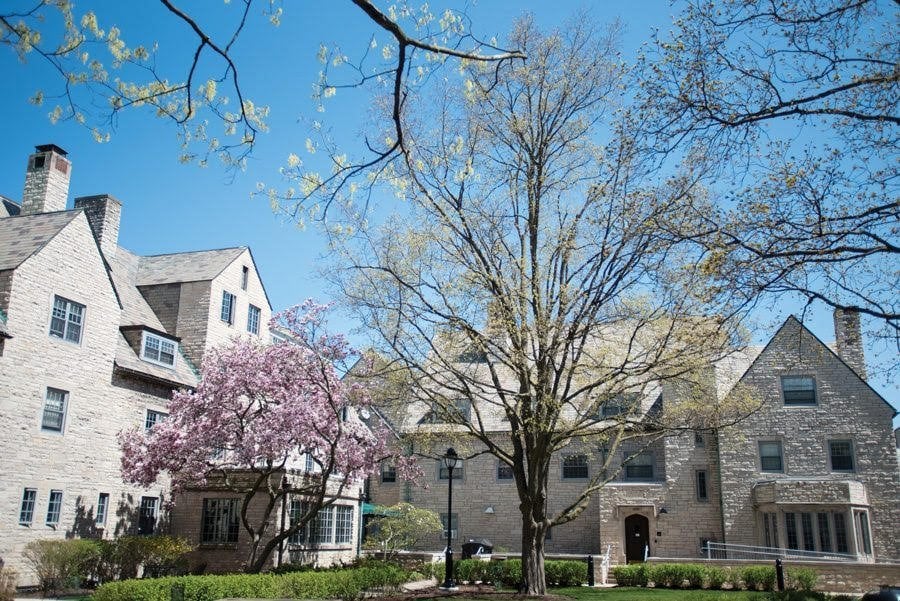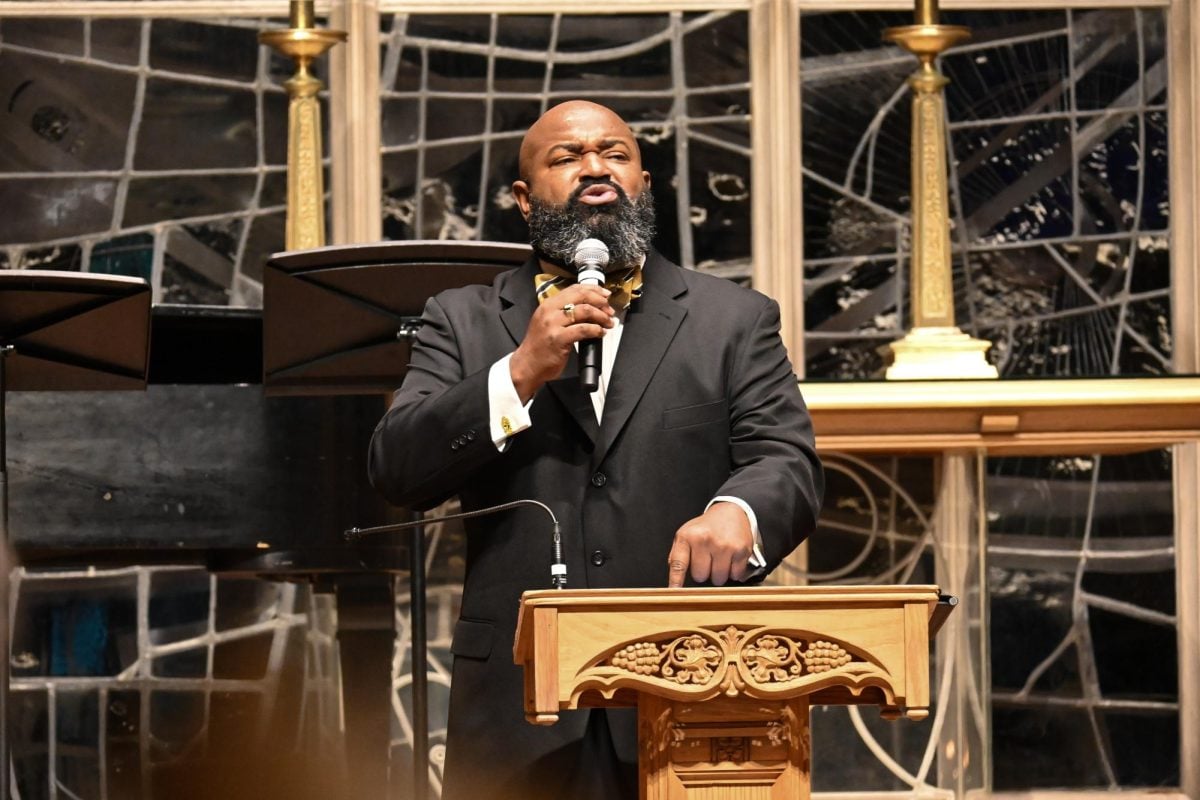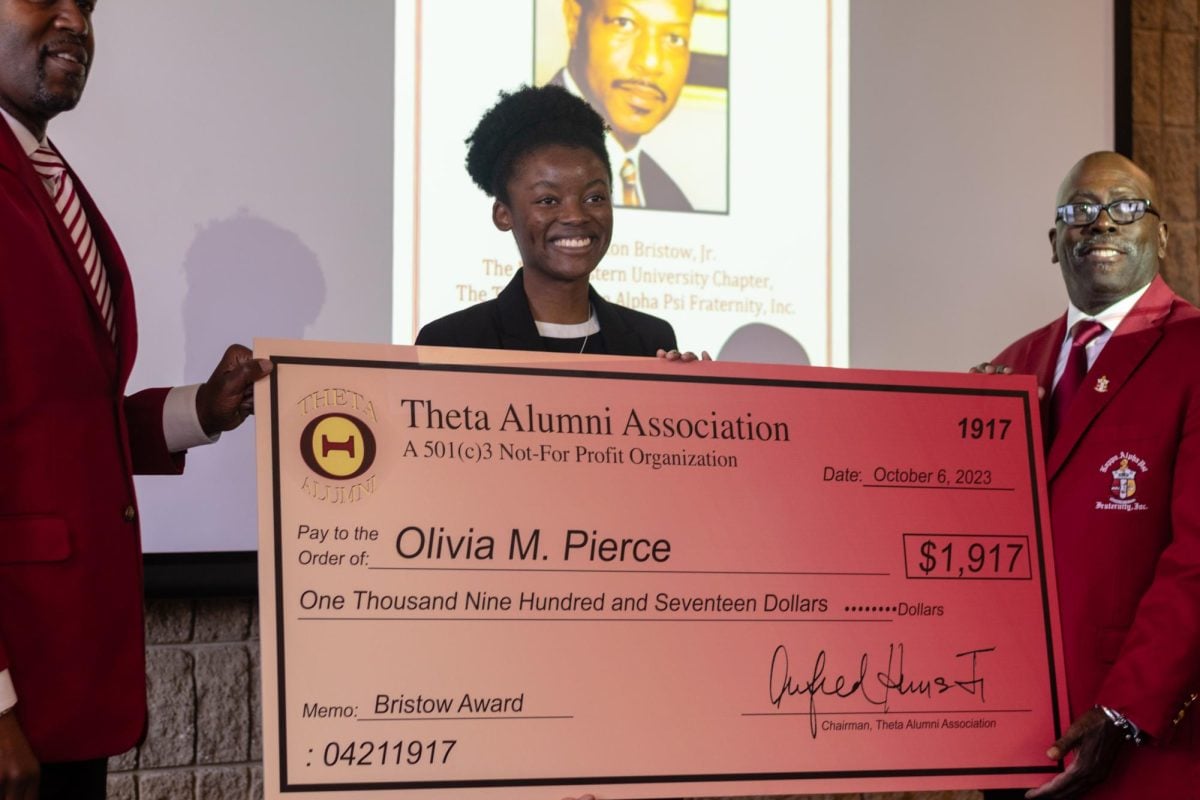In the weeks leading up to its annual summit, the Northwestern University Conference on Human Rights worked with Engineers for a Sustainable World to make the weekend-long event more environmentally sustainable, a move that reflects growing campus interest in green initiatives.
The collaboration inspired NUCHR to adopt a variety of measures which directors said they hope other campus organizations will adopt.
“It’s just cute when one conference goes green,” Weinberg junior Chelsea Glenn, an NUCHR codirector, said. “But when you can actually create a model that is reproducible and can be duplicated all across campus, that’s a big accomplishment.”
Funding for the project partially came from an Environmental Campus Outreach grant through Hillel, although NUCHR also provided financial support.
The idea to make the conference eco-friendly emerged after a meeting of the Northwestern Engagement Coalition, where leaders from ESW and NUCHR briefly discussed the possibility of making the conference more sustainable. A week later, ESW began developing an action plan, Glenn said.
McCormick senior and ESW coordinator Sam Malin said he hopes the project will help fill a need on campus for groups to pursue eco-friendly initiatives through coordination. To help facilitate this, members of ESW formed the Northwestern University Sustainable Events Committee.
NUCHR organizers paid attention to the carbon footprint that resulted from feeding and transporting non-NU delegates to and from the conference.
They bought carbon-offset credits to compensate for transportation pollution. Meat was largely eliminated from the closing banquet, reducing the meal’s carbon footprint by as much as 80 percent, Malin said.
“If you go online or look at other schools, people suggest things you can do to make your events greener, but they never put those things in perspective or connect them in some way,” Malin said.
These initiatives were not meant to be exclusive to NUCHR. Malin said ESW has already begun discussing the idea with other campus organizations, including the Center for Global Engagement. The trend has also spread to ASG, where some senators are working on legislation to provide incentives for students who aim to make campus events more eco-friendly.
“There are a lot of technical aspects to this, including amending some of the funding code,” said Weinberg sophomore Mark Silberg, president of GREEN house and ASG senator for SEED. “My plan is that by Spring Quarter, the legislation… will be eligible for spring funding.”
